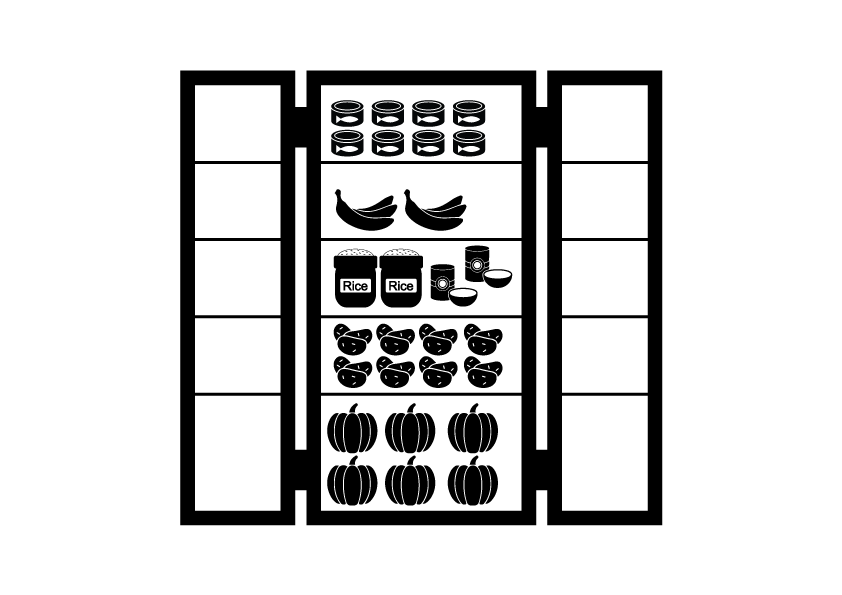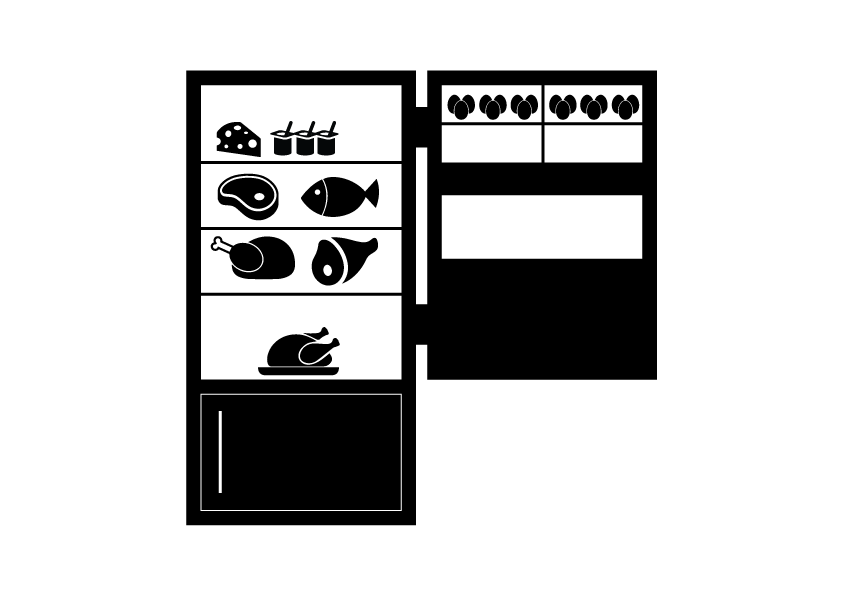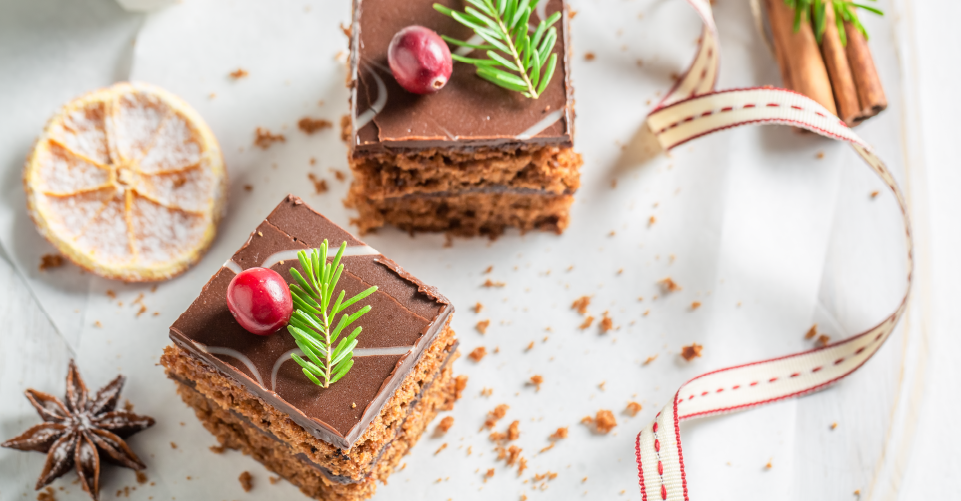Pets are awesome companions that give unconditional love and companionship.
They can make bad days good and festive days even more jolly.
According to our vet of the month, Dr Tasho Makunike, this is what makes them a welcome addition to any family.
It’s no wonder that one of the main things on the minds of many pet-loving families over the holidays (besides pet insurance) is how to celebrate the festive season with their feline friends, without worrying about their safety around all the festive treats.
Although cats are natural hunters, they are not always the best at navigating their way around which food is safe. These foods are easy to spot and can easily be avoided.
RELATED BLOG: Alcohol dangers for pets: What you need to know.
What foods should cats avoid this festive season?
“Not all food that is safe for human consumption is safe for cats. Any alcohol-containing foods, avocados, caffeine-containing drinks, chocolates, cooked and uncooked members of the onion/garlic family, members of the grape/raisin family and most nuts. Always check with your veterinarian before feeding anything unusual to your cats,” said our vet-chef, Dr Tasho.
Who is Dr Tasho?
Dr Tasho is a small animal vet with nearly 15 years of experience in the veterinary world who recently joined Krugersdorp Animal Hospital. They see small animals exclusively and the job mainly revolves around primary healthcare, i.e., vaccinations and annual health checks, treating sick animals, routine surgeries, as well as diagnostic testing.
He also spends time off-site at other canine facilities, such as working at dog kennels, to check that the animals are not stressed and that the setting fosters natural behaviour, as well as to provide welfare recommendations.
There was a time in high school when he entertained the idea of being a paediatrician but being a veterinarian won and as they say, the rest is history.
What nutrients does a cat need and what can they eat from the pantry and my fridge?
“Cats need the same nutrient groups as humans. They need proteins, carbohydrates, vitamins, minerals and water. However, unlike dogs, cats cannot produce taurine, an essential amino acid. So, this must be supplied directly from the food. Their diets should be complete and balanced to match their nutrient requirements, as well as align with their life stage and lifestyle,” explained the good doctor.
What cats can eat from the pantry:
- Tinned fish (in moderation),
- Bananas (in moderation),
- Pumpkin,
- Oatmeal,
- Rice,
- Potatoes.

What cats can eat from the refrigerator:
- Chicken,
- Pork,
- Beef,
- Fish,
- Lamb,
- Turkey,
- Cheese (in moderation),
- Plain yoghurt,
- Eggs.

Doc, can I give my cat raw food?
“You can feed raw food if you can keep it safe and clean. Raw food has a serious risk of causing lacerations and potential blockages if not ground properly. Raw food should always be inspected to prevent bacterial contamination, worm infestations and other protozoal infections and be kept in a sterile area to avoid attracting flies, ants, and other nuisance insects.
Raw food may present a health risk, particularly to immunocompromised family members, such as infants, the elderly and those on chemotherapy or with immunosuppressive diseases.
Raw food should only be acquired from reputable suppliers that are able to balance the nutritional components and match it to the cat’s requirements and source their food components from trustworthy sources.”
Last words of wisdom
In closing, Dr Tasho said, “Cats are obligate carnivores, therefore, their diets should have higher protein levels than other animals, even dogs. Balancing the amount and type of components for cats is very difficult and needs complex calculations to get it right. Therefore, it is best left to the experts.”
Remember, this blog is intended for informational purposes only. dotsure.co.za is not responsible or liable for any advice or any other information provided herein. You should always consult your vet before introducing any new foods to your pet.
RELATED BLOG:



